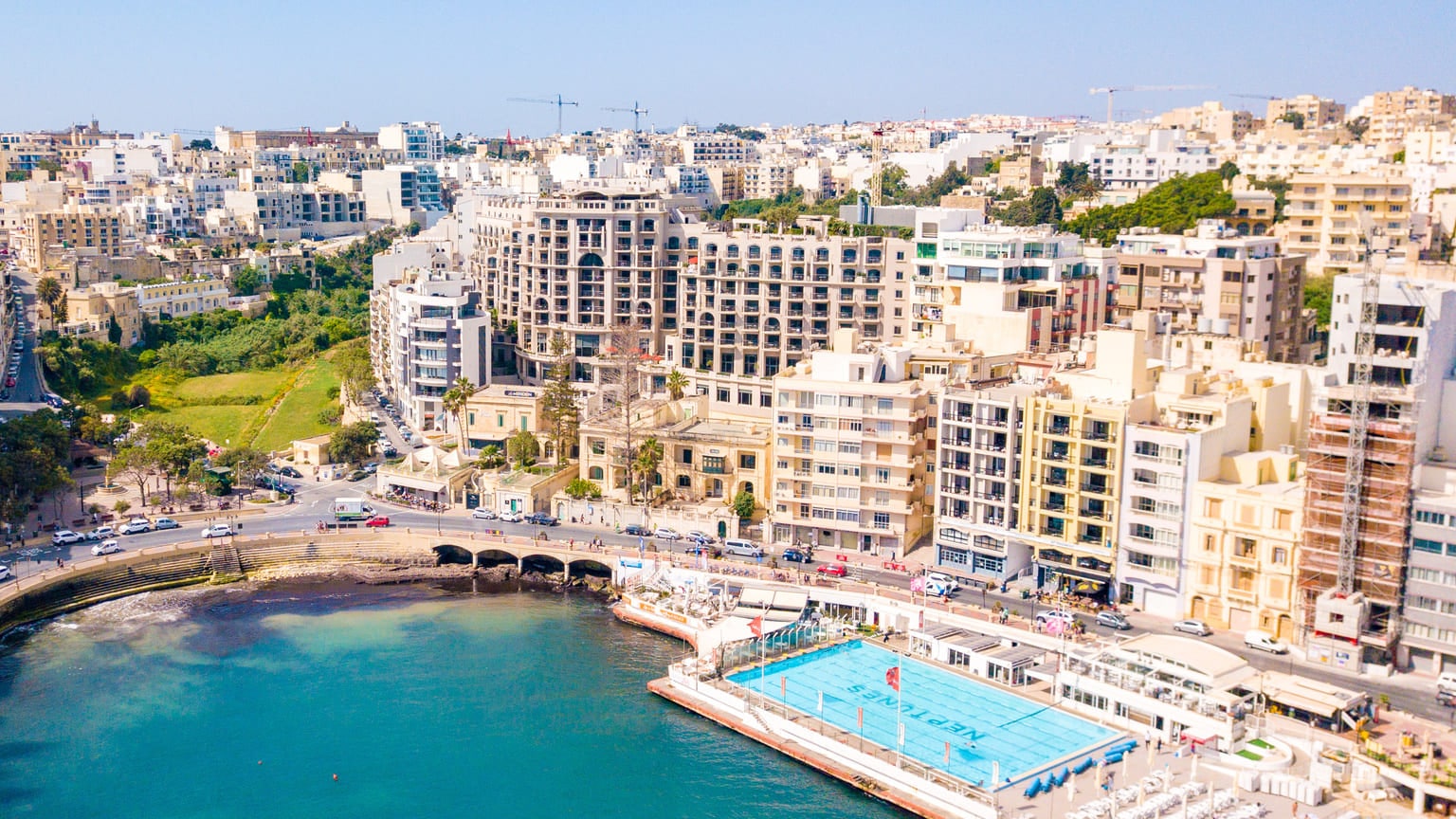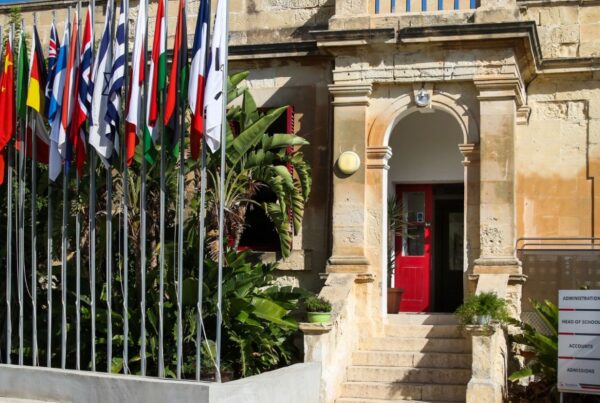 如果您点击这里,此页面将被翻译成中文。
如果您点击这里,此页面将被翻译成中文。
 如果您点击这里,此页面将被翻译成中文。
如果您点击这里,此页面将被翻译成中文。
 如果您点击这里,此页面将被翻译成中文。
如果您点击这里,此页面将被翻译成中文。
 如果您点击这里,此页面将被翻译成中文。
如果您点击这里,此页面将被翻译成中文。
Buying or selling property in Malta involves key taxes like property transfer duties and stamp duty, which are crucial for buyers and sellers to understand.
This article outlines the essential rates, exemptions, and responsibilities tied to these taxes.
Property Transfer Duties in Malta
What is a Property Transfer Duty?
Property transfer duty is a tax imposed on legal documents or rulings that result in the transfer of immovable property or any real rights over such property from one party to another. This duty is mandated under the Duty on Documents and Transfers Act (DDTA) and is applicable to both residents and non-residents of Malta.
Duty Rates:
The standard duty rate for property transfer in Malta is €5 per €100 of the property’s transfer value. For instance, if a property is sold for €500,000, the transfer duty would amount to €25,000. This duty is typically assessed on the higher of the actual sale price or the market value of the property at the time of transfer, which is determined by a government-appointed assessor.
Special Rates for Sole Residence:
Individuals acquiring property as their sole residence in Malta benefit from a reduced duty rate of €3.50 per €100 on the first €200,000 of the property’s value. Any amount exceeding this threshold is subject to the standard rate.
Key Documents and Definitions:
- Document: A legally binding notarial deed required for the transfer of immovable property.
- Immovable Property: Defined under the Civil Code, this includes land, buildings, and other fixtures attached to the land.
- Transfer: The conveyance of property rights from one person to another.


Exemptions and Reductions in Property Transfer Duties
First-Time Buyer Scheme:
First-time buyers are exempt from duty on the first €200,000 of the property value, potentially saving up to €10,000. This scheme is available to individuals who have never owned or acquired any immovable property in Malta or Gozo before.
Second-Time Buyer Scheme:
For individuals selling their current primary residence and purchasing a new one, a refund of the duty paid on the first €86,000 of the new property’s value is available. This refund is contingent upon the transaction occurring within 12 months of the sale of the previous property.
Donations and Inheritances:
Transfers of property by donation, particularly to close family members, can benefit from significant duty reductions. For example, transfers for establishing a sole residence are valued at 80% of the market value, with no duty on the first €250,000 and a reduced rate of 3.5% on the excess. In the case of inheritance (Causa Mortis), the duty is generally set at 5% of the property’s value as of the date of death, with a reduced rate of 3.5% on the first €175,000 for properties used as the primary residence by the inheritors.
Stamp Duty in Malta
What is Stamp Duty?
Stamp duty is a tax levied on legal documents and transactions, most notably on the sale, leasing, or transfer of property. The stamp duty is set at a flat rate of 5% of the property’s market value. It is the responsibility of the buyer to pay this tax, and it must be factored into the overall cost of purchasing a property.
Exemptions and Reductions:
First-Time Buyers:
Exempt from stamp duty on the first €200,000 of the property’s value.
Second-Time Buyers:
Eligible for a refund of duty on the first €86,000 of the new property’s value when selling their previous primary residence and purchasing a new one.
Inheritance:
A reduced rate of 3.5% on the first €175,000 for properties used as a primary residence by the inheritors.
Stamp Duty on Rentals:
When leasing a property, stamp duty is also payable, but the rate differs from property sales. It is typically the tenant’s responsibility to ensure that this duty is paid to the government.
Legal Responsibilities and Compliance:
Both property transfer duty and stamp duty must be paid to the Maltese government as part of the property transaction process. Failure to do so can result in legal consequences, including penalties and interest on late payments. It is advisable to seek professional advice from a notary or real estate professional to ensure full compliance with the relevant laws and to understand any potential exemptions or reductions applicable to your specific circumstances.
Conclusion
Navigating the complexities of property transfer duties and stamp duty in Malta requires a clear understanding of the legal and financial obligations involved. By being aware of the rates, exemptions, and processes, buyers and sellers can make informed decisions and avoid potential pitfalls during property transactions. Seeking professional guidance is essential to ensure compliance with current regulations and to take full advantage of any available tax benefits.










